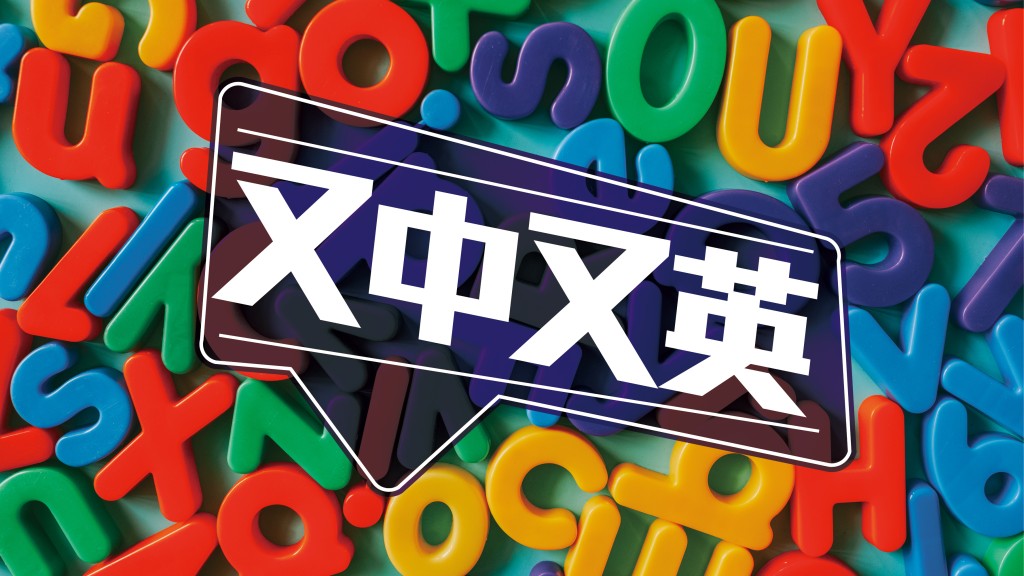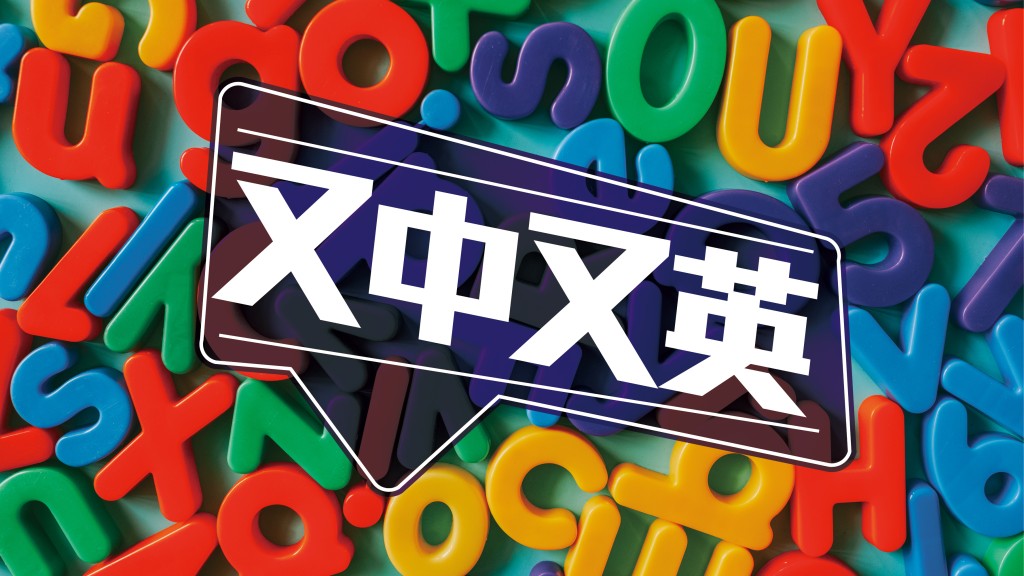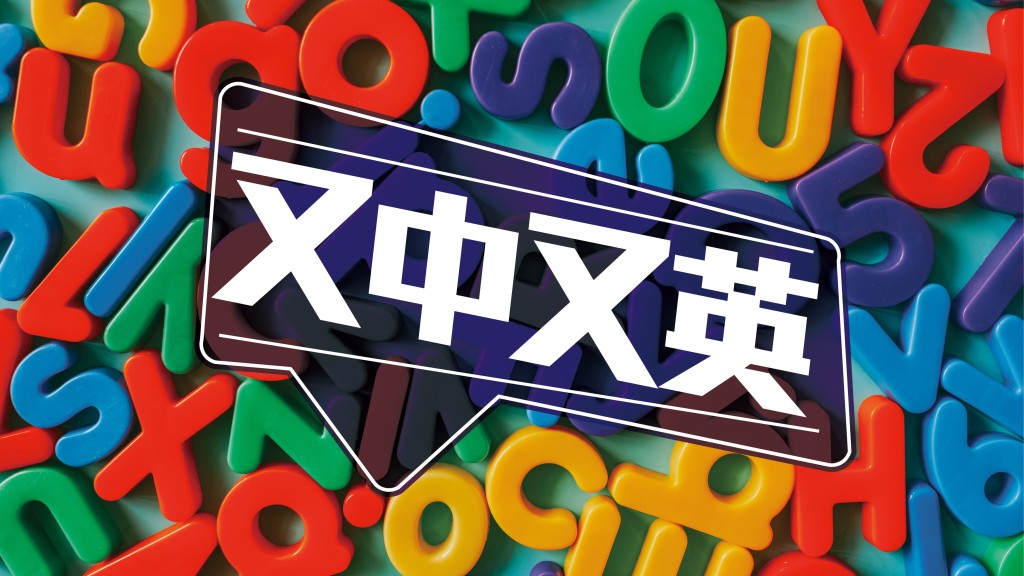又中又英 | Official language | 褚简宁

Should countries have an official language? There is no easy answer. People risk going out on a limb answering such a question. They could also be walking on thin ice. To go out on a limb means to express an unpopular opinion not supported by others. To walk on thin ice means doing something that is risky or could cause unpleasant consequences. Most people have very strong opinions about whether their government should have an official language. This is especially true in countries with large immigrant populations, such as America, Canada, Britain, and parts of Europe.
That's why people risk going out on a limb if they support or oppose an official language in the country where they live. There is no such risk if you live in countries such as China, where most people use the official Putonghua dialect. India’s official languages are Hindi and English. Canada's official languages are English and French. The push and pull of whether the US should have an official language has sparked a fierce and emotional debate for decades. The expression "push and pull" used this way means moving in opposite directions.
US President Donald Trump signed an executive order last week making English the official language. It was just symbolic because the order still allows government agencies to provide services and documents in other languages. But the America First and English-only movements claimed victory. Pro-immigration groups criticized Trump’s decision. The US has a population of 340 million. About 80 percent of Americans speak only English at home, but the US has over 40 million Spanish speakers and three million Chinese speakers.
各个国家应该都设立官方语言吗?这个问题不容易答。人们要回答这道问题,都要冒着going out on a limb的风险,也可能是如履薄冰(walking on thin ice)。To go out on a limb是指去表达一个不受欢迎、得不到其他人认同的意见;to walk on thin ice是指去做一样危险的事情,又或会引起令人不快的后果。大多数人对于他们的政府是否应该有官方语言,都有非常强烈的意见。这对于有大量移民人口的国家而言,尤其真实,例如美国、加拿大、英国和部分欧洲国家。
因此,要是人们在自己所居住的国家支持或反对一个官方语言,是冒着力排众议、孤立无援(going out on a limb)的风险。若你是住在像中国的国家,就没有这样的风险,因为大部分人都是说官方的普通话。印度的官方语言是印地语和英语,加拿大的官方语言是英语和法语。美国是否应该设立官方语言的拉锯(push and pull),几十年来已经引发了激烈和情绪化的争辩。习语push and pull在这里是指在两个相反的意见中往返,来回拉锯。
美国总统唐纳德.特朗普上星期签署了行政命令,将英语指定为官方语言。这是象征性的,因为这个命令仍然容许政府机构以其他语言提供服务和文件。然而,美国优先和唯英语运动宣称获胜。亲移民的群体则批评特朗普的决定。美国有3亿4000万人口,约8成美国人在家里只讲英语,但美国有超过4000万操西班牙语的人,和300万操华语的人。
[email protected]
Michael Chugani褚简宁
中译:七刻
































